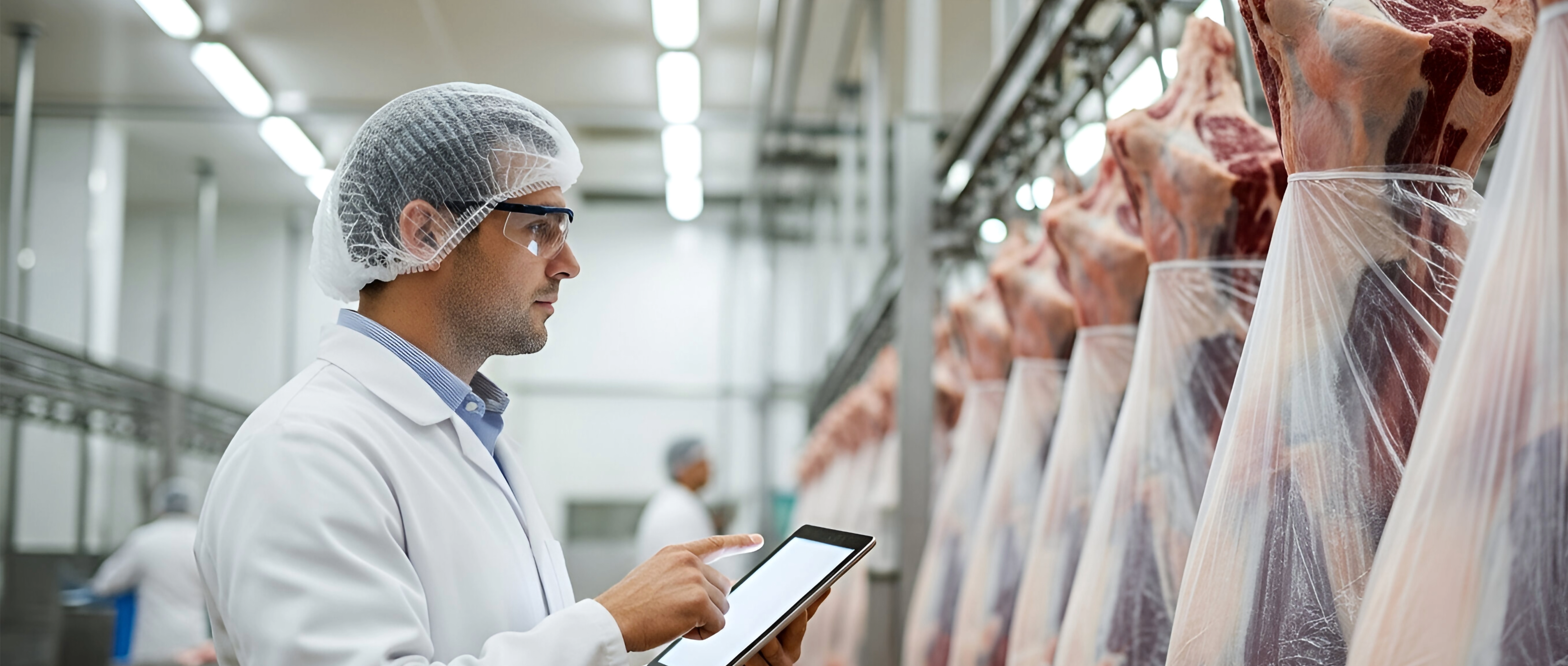June 2, 2024
Quality Assurance & Food Safety Magazine The face of food safety: Jessica Dolinsky Jessica Dolinsky,...
May 13, 2024
by Kelsey Kotecki | Nelson-Jameson Lab Technical Sales Manager Prep Rally: Five crucial steps for keepin...
September 2, 2022
This content highlights the advantages of switching from rigid plastic containers to Whirl-Pak® Bags in ...
July 1, 2021
Meet regulatory requirements with accurate temperature readings. Accurate and reliable temperature monit...
July 1, 2021
Discover essential tips and tricks for effective thermometer use with Nelson-Jameson. Whether you're dea...

July 1, 2021
Dive into precision and reliability with NIST Traceable Calibration Certificates for certified reference...
June 7, 2021
An essential part of any robust environmental sampling program is ensuring concise, representative sampl...
December 22, 2020
Effectively managing water activity is crucial for maintaining the quality of water in your products, as...
September 14, 2020
40 years ago, DSM introduced Delvotest®, an easy to use, reliable, antibiotic residue test for farmers, ...
March 12, 2020
Nelson-Jameson has our own line of high-quality, low-cost branded pH buffers. Reference buffers are avai...
May 16, 2017
In February I had the opportunity to attend the “Artisan Dairy Producer Food Safety Initiative Workshop”...
August 30, 2016
When I joined the lab team in May I was familiar with lab equipment and testing but I wasn’t familiar wi...